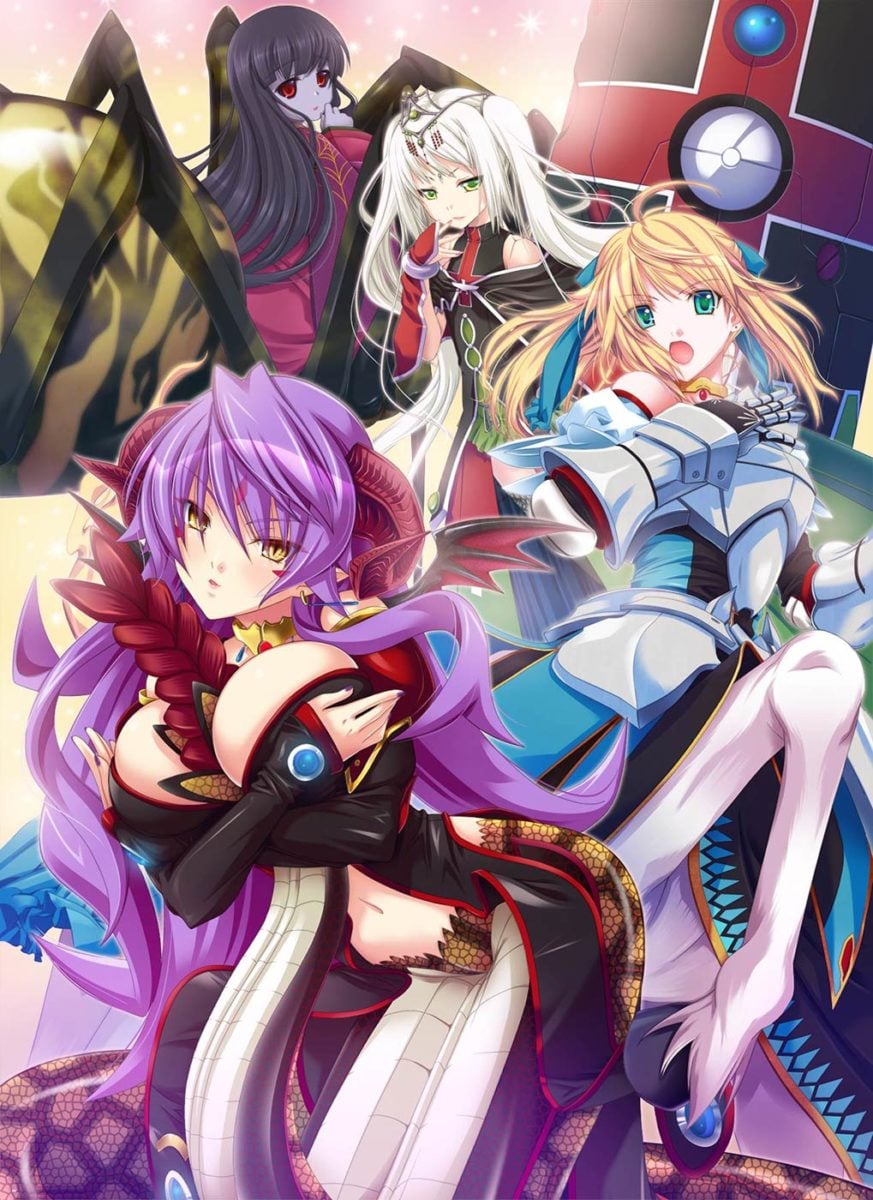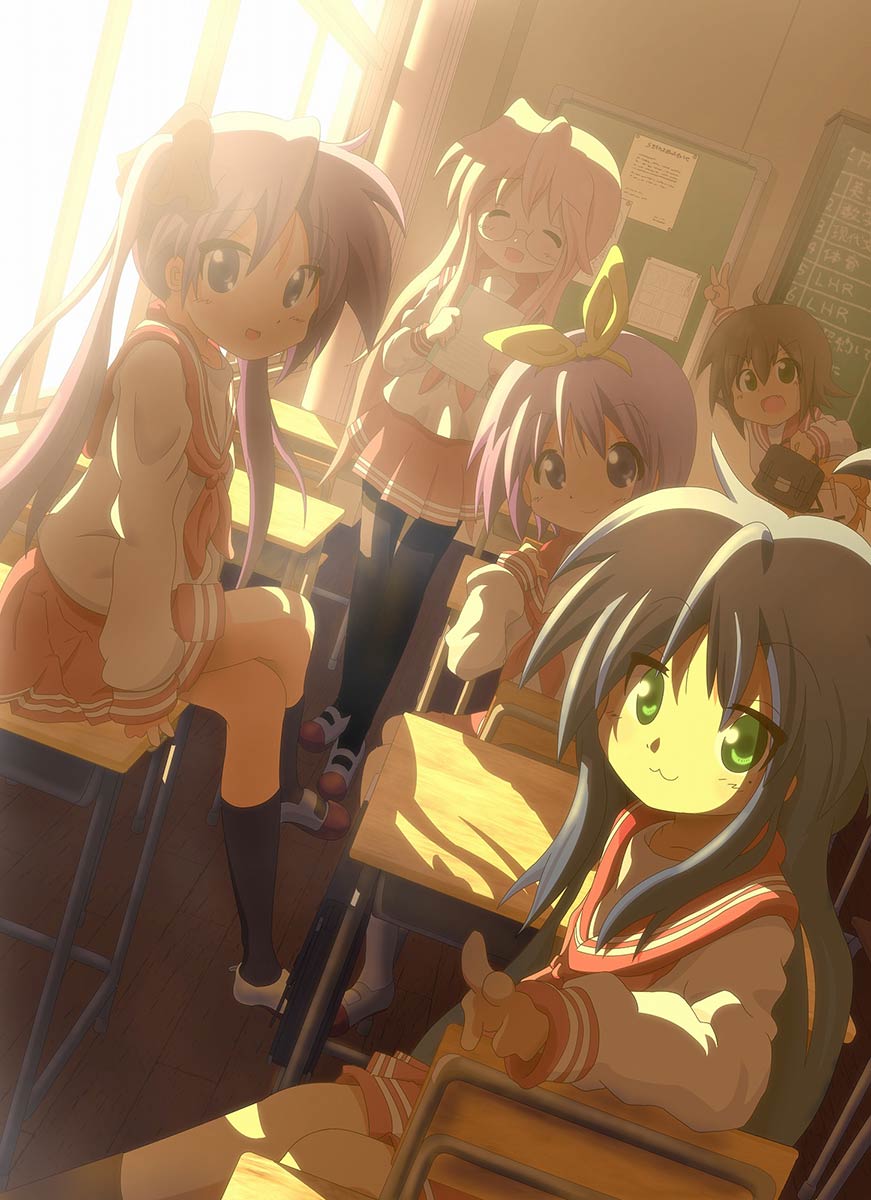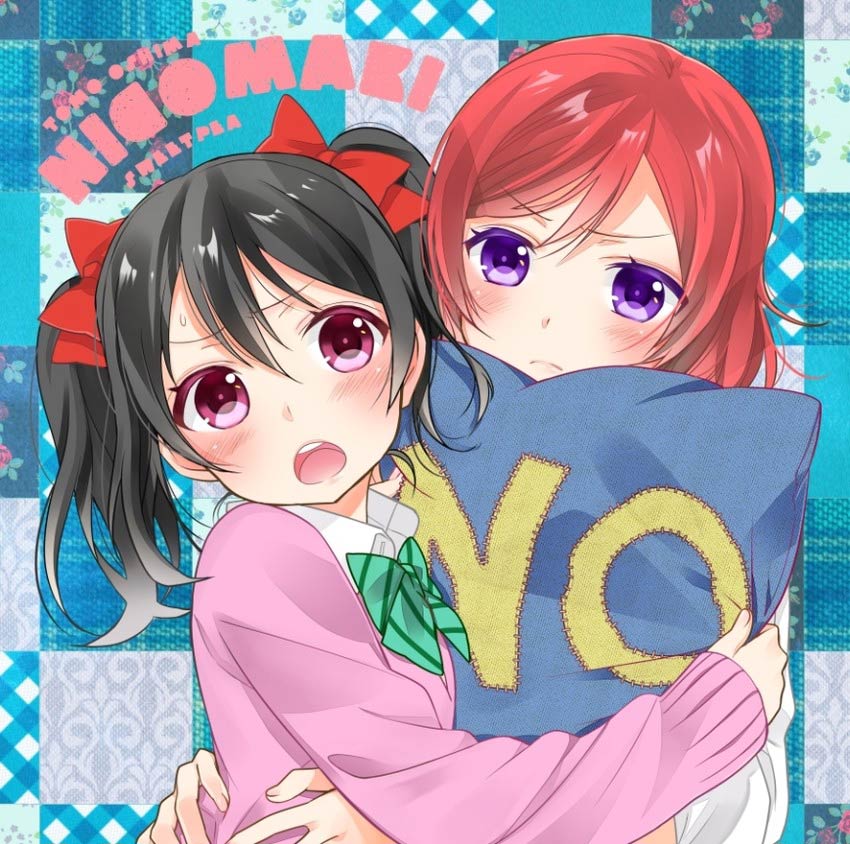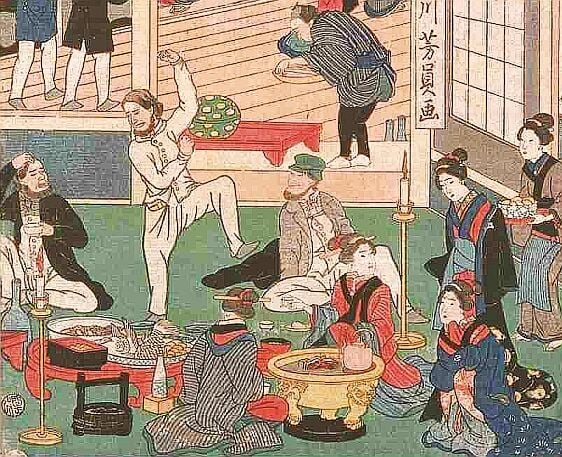One of the most famous singers in Japan over the past two decades has been Akiko Wada, who appears on most every music show belting out songs in her signature strong voice. I found out the other day that this pillar of the Japanese music world isn’t actually Japanese, but zainichi kankoku-jin, or a South Korean residing in Japan. While discovering that an entertainer actually comes from a neighboring country shouldn’t be any more surprising than learning that William Shatner or Michael J. Fox are originally from Canada, in Japan there’s a bit more to it. Ms. Wada didn’t immigrate to Japan from South Korea, but was born in good old Osaka to zainichi parents. To my American sensibilities, this means that she should be Japanese, not Korean, perhaps with a heightened sense of her unique ethnic roots, but in Japan there’s a strong tradition of Koreans maintaining their cultural identities by preserving Korean citizenship, attending schools taught in the Korean language, and so on. (I once went to the North Korean high school in our city to recruit students for the school I worked at, one of my more bizarre experiences as an ESL teacher.) There are no insurmountable barriers to taking Japanese citizenship, and Koreans and Chinese living in Japan, who enjoy a special lifetime residence status, are welcome to become Japanese at any time. Those who choose to keep their citizenship do so for various reasons, including the desire to maintain their ethnic identity and their unwillingness to take a Japanese kanji name, which is still legally required so the person can be added to the family register. I could become a Japanese myself as long as I passed some minimal requirements, but I choose not to: it’s more fun being an American in Japan rather than a Japanese who is bad at kanji.
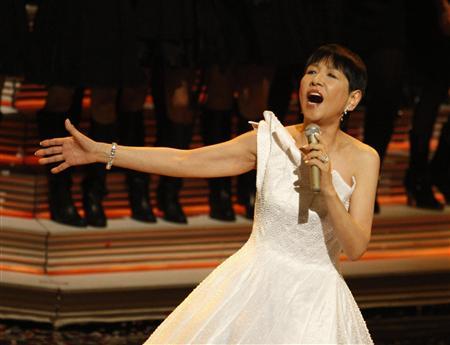
Akiko Wada is a pillar of the Japanese music world, and can probably mix you up some great Kim Chee soup




